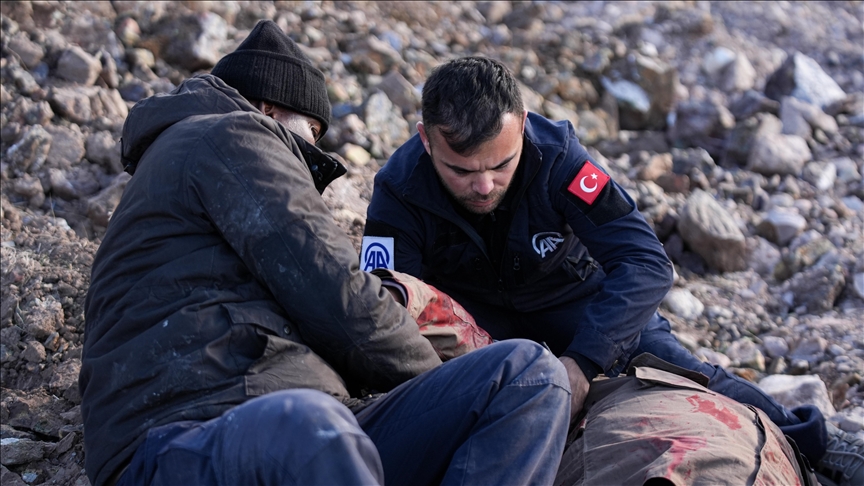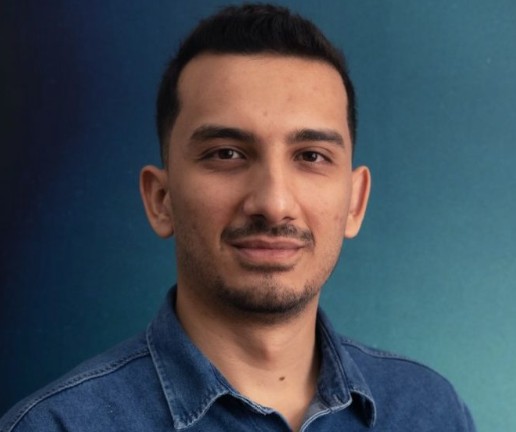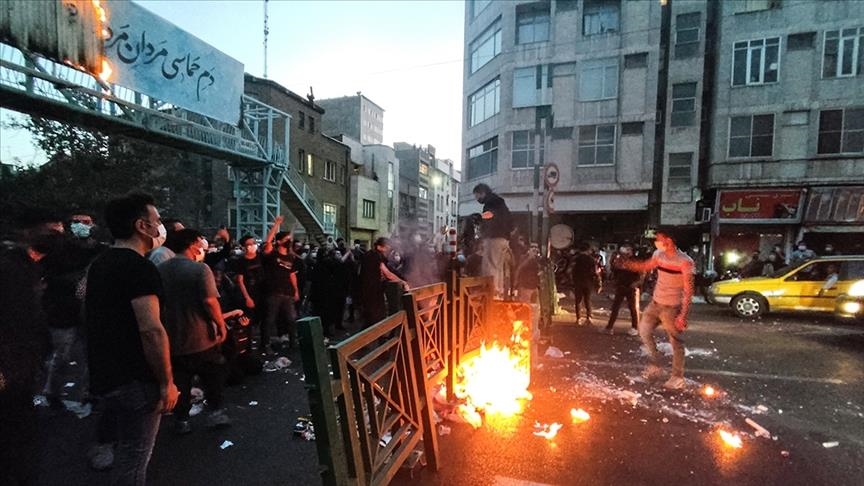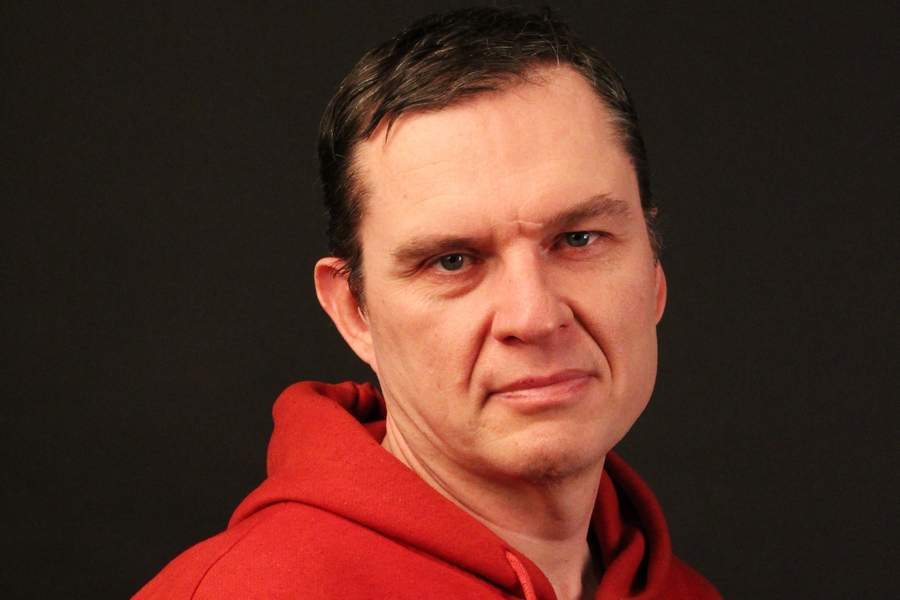
Imprisoned Journalist Andrzej Poczobut Awarded Poland’s Highest State Honour
November 12, 2025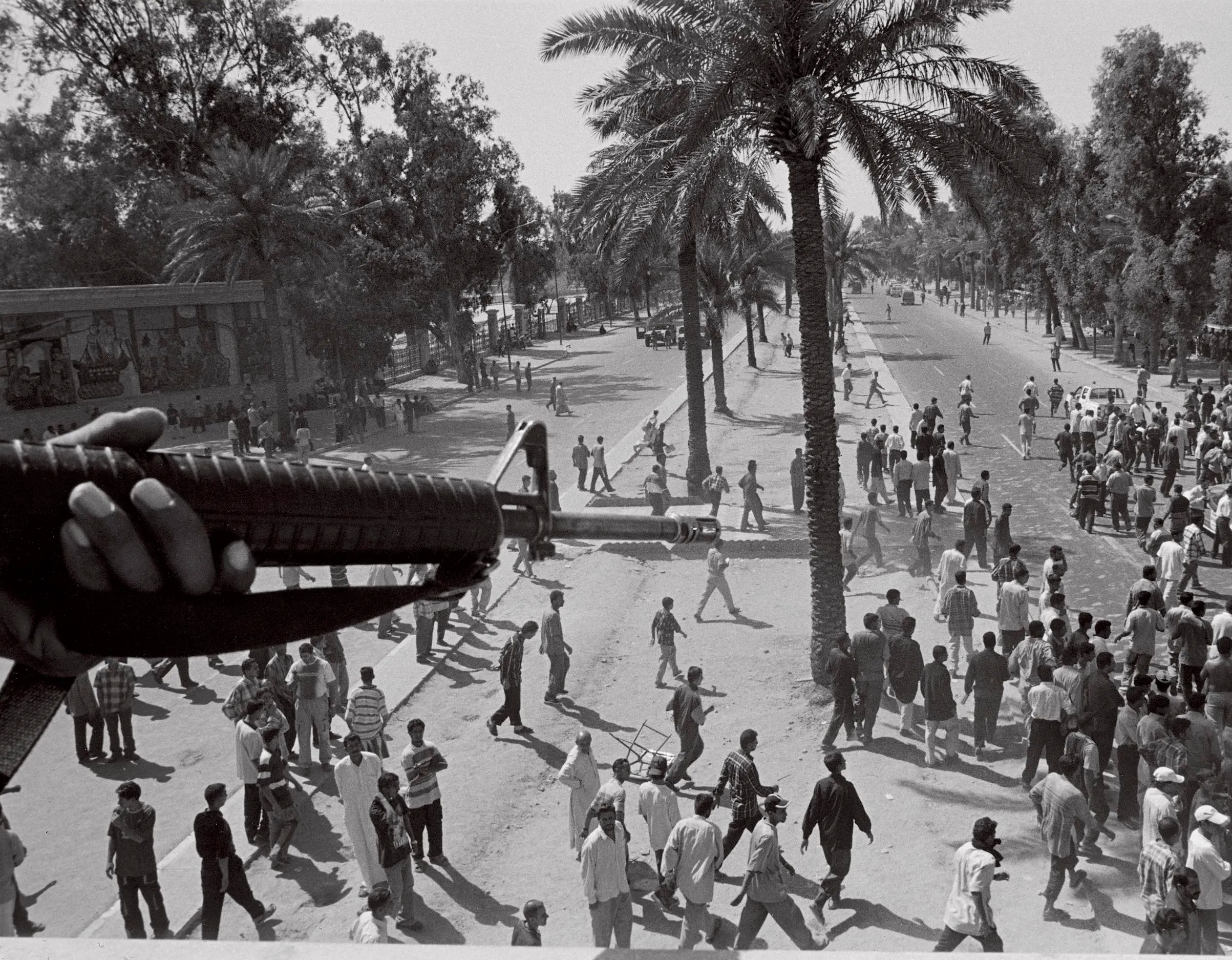
Journalists Recall Torture and Flight From El-Fasher Siege
November 13, 2025November 12, 2025 – General –
The news-agency Anadolu Agency (AA) is currently running the 28th edition of its “War Journalism Training” programme, in collaboration with the Turkish Police Academy and Turkish Cooperation and Coordination Agency (TİKA), aimed at equipping journalists for the rigours of conflict, disasters, and emergency reporting.
The course, held between 3 and 14 November 2025, brings together nine Anadolu journalists and 15 participants from nine African and Arab countries, including Djibouti, Tunisia, Senegal, Niger, Cameroon, the Democratic Republic of the Congo, Gabon, Guinea, and Chad. Over two weeks, trainees receive both theoretical lessons and hands-on drills covering topics such as war theory and terminology, protection against disinformation, and legal frameworks governing armed conflict.
Practical modules included advanced driving techniques under high-risk scenarios at the Police Academy’s Gölbaşı campus in Ankara. Journalists practised manoeuvres on varied terrain and in emergencies, route planning, night navigation, handling tear gas and smoke grenades, wearing bullet-proof gear, and using gas masks. The aim, as officials emphasise, is to instil survival skills that allow correspondents to keep reporting in extreme conditions while safeguarding their lives.
Organizer statements highlight the urgency and relevance of the training. Anadolu’s CEO remarked that in modern conflict zones, the concept of a “PRESS” vest no longer guarantees safety and that journalists are increasingly exposed to direct targeting. The programme is described as unique in scope and ambition, and is intended to raise global standards in frontline journalism.
While the initiative underscores commendable efforts to support journalists working in hazardous settings, it also reflects the dire reality facing many media professionals worldwide—reporting under fire, amid disasters, and in areas where the rules of war are not honoured. For outlets and professionals in high-risk zones, such training is rapidly becoming a prerequisite rather than a choice.
Reference –

